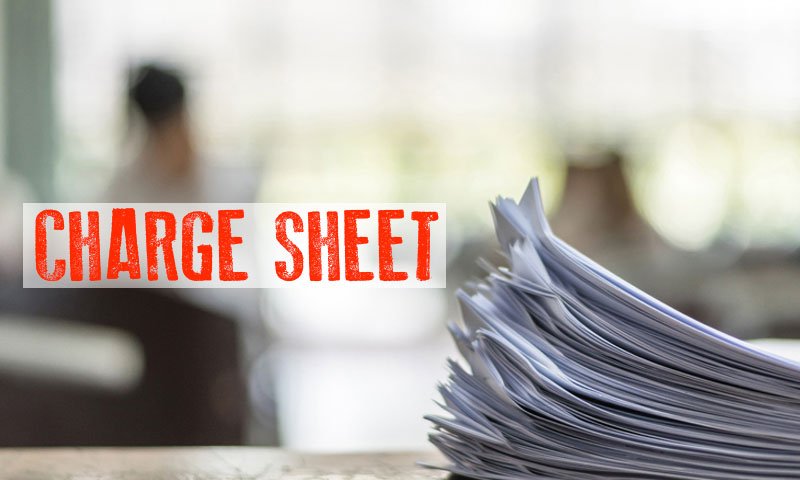The Kerala High Court has ruled that a charge sheet constitutes prima facie proof of negligence, emphasizing that in the absence of evidence rebutting such proof, liability cannot be attributed otherwise.
Key Aspects of the Judgment-
Charge Sheet as Prima Facie Evidence: The court held a charge sheet indicates prima facie negligence, impacting assessments of liability.
Contributory Negligence: The High Court set aside a Tribunal’s finding of 50:50 contributory negligence due to lack of supporting evidence.
Burden of Proof: Parties must provide evidence to establish or rebut allegations of negligence.
Motor Accident Claims: Ruling impacts how negligence is assessed in motor accident compensation claims.
Contextual Considerations-
Evidence is Crucial: Courts rely on evidence to determine negligence and apportion liability.
Tribunal Decisions: High Courts can overturn Tribunal findings if they’re unsupported by evidence.
Legal Precedents: Interpretations of negligence and charge sheets’ evidentiary value shape outcomes.
Implications-
Charge Sheets’ Role: Seen as significant in establishing prima facie cases of negligence.
Compensation Claims: Outcomes hinge on evidence regarding negligence attribution.
The Kerala High Court’s ruling underscores that a charge sheet serves as prima facie proof of negligence, and in the absence of rebutting evidence, liability assessments must align with such indications. The court set aside a Tribunal’s 50:50 contributory negligence finding due to insufficient evidence, highlighting the critical role of evidence in determining negligence and attributing liability in motor accident compensation claims.

